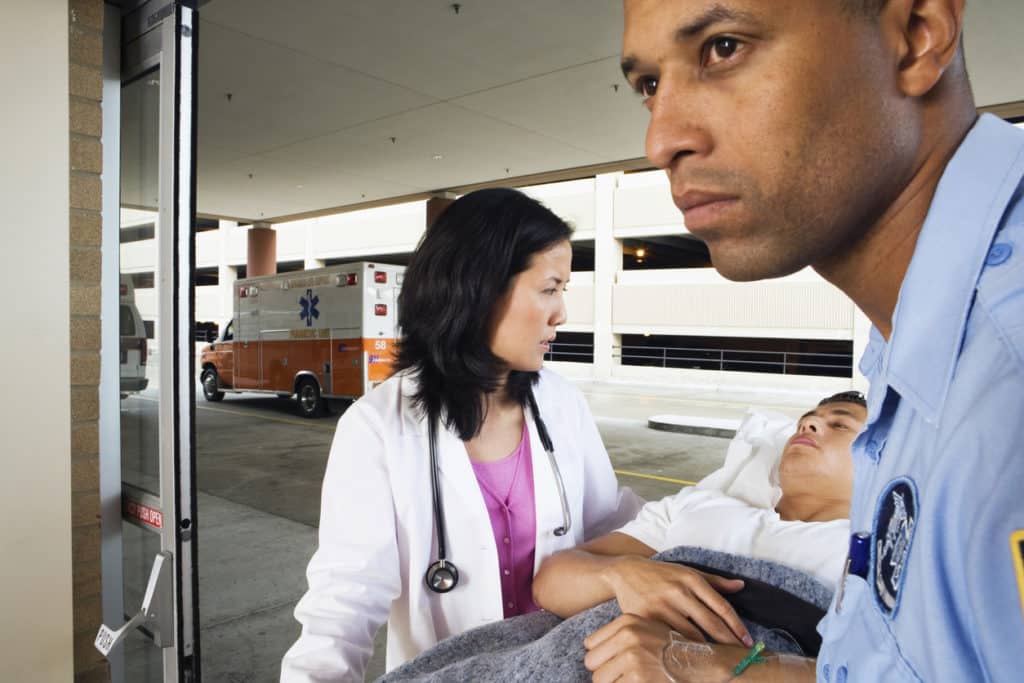The Good Samaritan law has been around in California since 2007. It was enacted to encourage people to help others in danger and prevent fear of legal consequences. The California statute protects rescuers in medical and non-medical emergencies. The Good Samaritan law states that if a person renders medical or non-medical help to a person during an emergency, they will not be held liable for any harm resulting from their act or omission if:
- The rescuer did not expect payment or reward for their action
- The assistance was out of good faith
- There was no willful or wanton misconduct or gross negligence
The law does not protect medical care professionals and emergency departments. Therefore, if an emergency care provider causes an injury while providing aid to an individual, they can be held liable for a personal injury suit. In 2013, lawmakers enacted another law similar to the Good Samaritan Law, the 911 Good Samaritan Law.
911 Good Samaritan Law- Health and Safety Code 11376.5
California became the tenth state in the United States to implement the 911 Good Samaritan overdose fatality prevention law. The law was enacted in 2013 to encourage people to seek medical attention during emergency overdose situations. It provides limited protection from arrest and prosecution for drug violations.
Why Was It Introduced?
The enactment of this law reduces cases of preventable overdose deaths in California. Because people feared arrest for drug-related crimes, many overdose victims could not call 911 for help. The law allows the victim or another person at the scene of a drug overdose to call 911 or seek medical attention without getting charged with an offense.
The People Protected by the 911 Good Samaritan Law
The law protects an individual under the influence or possessing a controlled substance, drug paraphernalia, or controlled substance analog. This protects those who seek medical assistance for another person experiencing drug-related overdose related to the possession of a controlled substance.
It also protects an individual under the influence or possessing a controlled substance, drug paraphernalia, or controlled substance analog who experiences a drug-related overdose and in good faith seeks medical assistance for themselves or other persons at the scene of overdose against drug-related charges.
For clarity, drug overdose under this section means an acute medical condition caused by excess ingestion of one or more controlled substances with or without combination with alcohol in quantities that can lead to serious injuries, death, or disability. If a reasonable person considers their condition a drug overdose, it can lead to death, disability, or serious injury.
Who Does Not Qualify for Immunity
Not everyone experiencing drug-related overdose qualifies for the immunity granted by the Good Samaritan Law. The law does not protect individuals selling, giving, providing, or exchanging drugs. Also, it does not protect individuals who administer drugs to people against their will. Any person under the influence of the drug is liable for any offense related to dangerous activities resulting from their excessive consumption. For example, driving under the influence. The law does not specifically protect individuals from related charges such as violating parole or probation.
If you seek the protection this law provides, you must not obstruct medical or law enforcement personnel in their activities, such as securing the scene or delivering medical assistance. Though the definition of personal use may vary, the law intends to protect individuals possessing small amounts of drugs. The law does not protect any huge amounts that may suggest sales or trafficking.
Learn More About the Good Samaritan Law
Attorney Karren Kenney has been litigating drug-related cases for more than 20 years. Because of her hard work in this area, she has gained the respect of her peers in the Southern California legal community. Suppose you or someone you love is facing a drug offense charge. Ms. Kenney will fight hard to get the best possible outcome for your case. Contact us online or call (855) 505-5588 for a free initial consultation.

